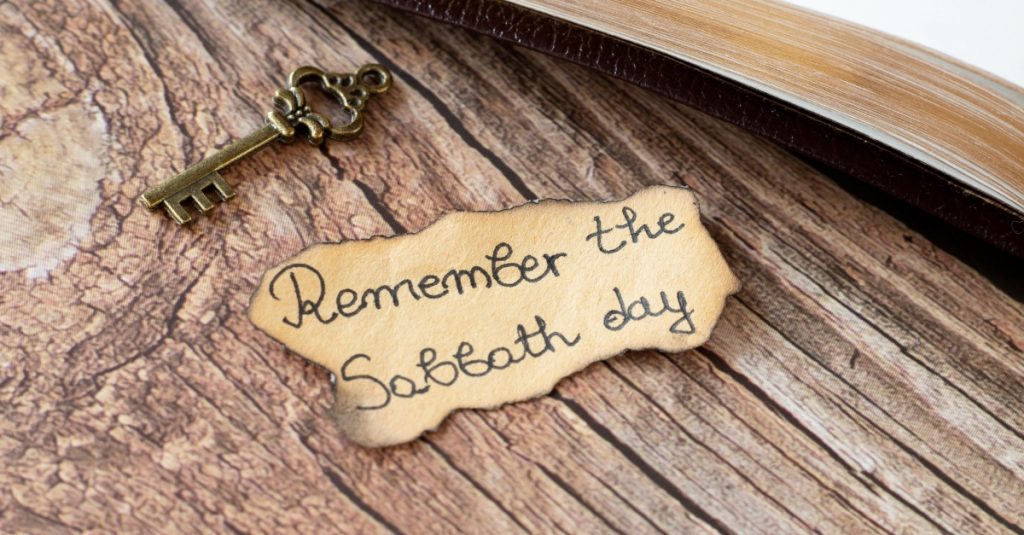
“Six days you shall labor, and do all your work, but the seventh day is a Sabbath to the Lord your God. On it you shall not do any work. . . .” Exodus 20:9-10
Rabbi Abraham Joshua Heschel has written that while Jews did not create great cathedrals into space, their greatest accomplishment was to build a cathedral in time, Shabbat, or 24-hour period of rest. A new documentary by filmmaker Martin Dobelmeier, called “Sabbath” will begin airing on PBS stations across the country on June 1. Rather than focusing on theology, the film travels to various and diverse faith communities to experience their Sabbath practices.
According to the filmmakers, “Sabbath” is told as a series of short stories exploring “the history of one of the world’s most important spiritual practices and its timeless relevance for a stressed-out, modern world.” We’re going to build our conversation this evening around a discussion of what Sabbath means to us, and whether and how we practice it.
The film opens with different commentators addressing the sense of fatigue and exhaustion that seems to permeate much of contemporary American culture. So to start, do you share this sense that contemporary American culture is breeding burnout and exhaustion? If so, in what ways have you experienced it? To what do you ascribe this, both on the individual and societal levels?
Commenators featured in the film see Sabbath practice as a possible antidote to the pervasive burnout in our culture. Rabbi Ammiel Hirsch of the Stephen Wise Free Synagogue describes Sabbath, or Shabbat, as “a revolutionary concept” that “changed human history. For the first time it introduced the concept of mandated rest.”
Do you have a regular Sabbath practice? If so, does it include time for rest? To what extent is rest part of how you think about and observe the Sabbath? Is Sabbath rest emphasized in your religious tradition, or not?
Another perspective on Sabbath suggests we think of it as a pause to breathe and reflect on the life we lead and the things we are doing with it. The idea here is that we rarely have, or give ourselves, time for this sort of reflection. Do you share the feeling that you don’t have time to reflect deeply on your life and what you are doing with it? Does or could Sabbath offer you time to do that? How important might such time for reflection be in Sabbath observance? Should more religious denominations and traditions offer and encourage time for personal reflection as a central part of Sabbath observance?
We’ll talk about all of this, and likely more, in our conversation this evening. Join us for the discussion starting at 7pm at Casa Real in downtown Oxford.